Eligibility: Female twins aged 18-80 years old are eligible.
There are many specific health conditions women may face across their lifetimes. This study is interested in understanding the genetic and environmental risk factors for these conditions. Specifically, our research team have two key conditions of interest: (1) Breast Cancer and (2) Gestational Diabetes.
Breast cancer and mammographic density
Breast cancer is the most common form of cancer in Australian Women. Each year, about 20,000 women are newly diagnosed, and more than 3,000 women die from breast cancer in Australia. Research has identified some genetic and lifestyle factors that can be used to predict which women are more likely to develop breast cancer. However, these risk factors individually show only a weak connection with breast cancer. Recently our research team have discovered new ways to measure a mammogram to improve risk prediction for breast cancer. Although mammograms alone can not be used to predict breast cancer, they provide a substantial improvement to risk prediction.
We now wish to understand how genetic and lifestyle factors and mammograms can be used together to improve risk prediction further. This will help us improve screening and prevention of breast cancer in Australia.
Gestational diabetes
Gestational diabetes (diabetes during pregnancy) rates have tripled in Australia in the last 20 years, with 16.7% of women who gave birth in hospital in 2019–2020 diagnosed with Gestational diabetes, compared to 5.2% in 2000–2001. Gestational diabetes is strongly associated with future type 2 diabetes. There is also some evidence of women being at higher risk of diabetes due to genetics. Twins provide a unique opportunity to test if type 2 diabetes is caused by gestational diabetes exposure or if it’s a woman’s genes or environment that is causing both gestational diabetes and type 2 diabetes.
What is involved?
- We will ask you to complete a questionnaire about your health and lifestyle, as well as questions about your reproductive and menstrual history, and your family history. On average, this should take about 20 minutes to complete.
- We would also like your permission for any of your digital mammograms to be released to us for research purposes. If you have had a mammogram before we will ask you for details about this (i.e. where and when it was taken) that will help us identify and access the mammogram. This should take about 5 minutes to complete. We will arrange a secure and confidential transfer of the file to our secure data servers at the University of Melbourne.
- In the future we might ask you to provide a blood or saliva sample. You do not need to consent to this now. We will provide information for this separately.
Who is eligible?
Female twins aged 18-80 years old are eligible.
Note, you may have already participated via the ‘Twins and Sisters Mammographic Density’ study conducted in 2022 – thank you! Your information provided will be included. We don’t need more information from you.
Would you like to get involved?
If you would like to participate or find out more please contact us.
If you are not yet a Twins Research Australia member you will also need to register online here.
Recruitment:
October 2024 – May 2025. Now closed.
What’s next?
As of June 2025 we’ve received 2,541 responses, including 1,059 pairs.
For breast cancer risk prediction models, using mammograms, we have a total of 2,373 individuals, including 881 twin pairs, that have provided consent to access their digital mammograms.
The team are now focusing on gestational diabetes analyses, accessing mammograms from radiology providers and preparing for the blood collection phase of the breast cancer risk analyses.

